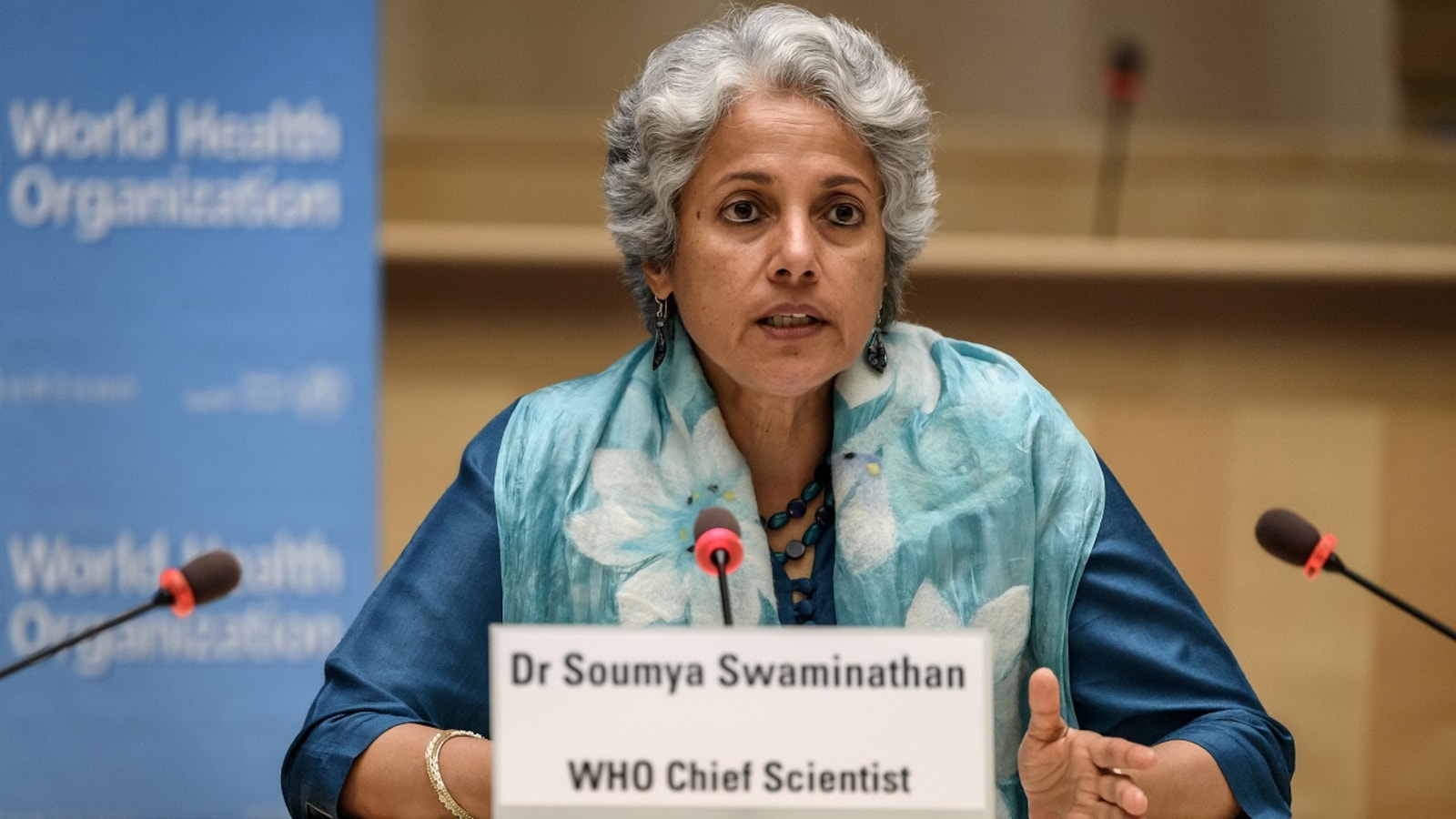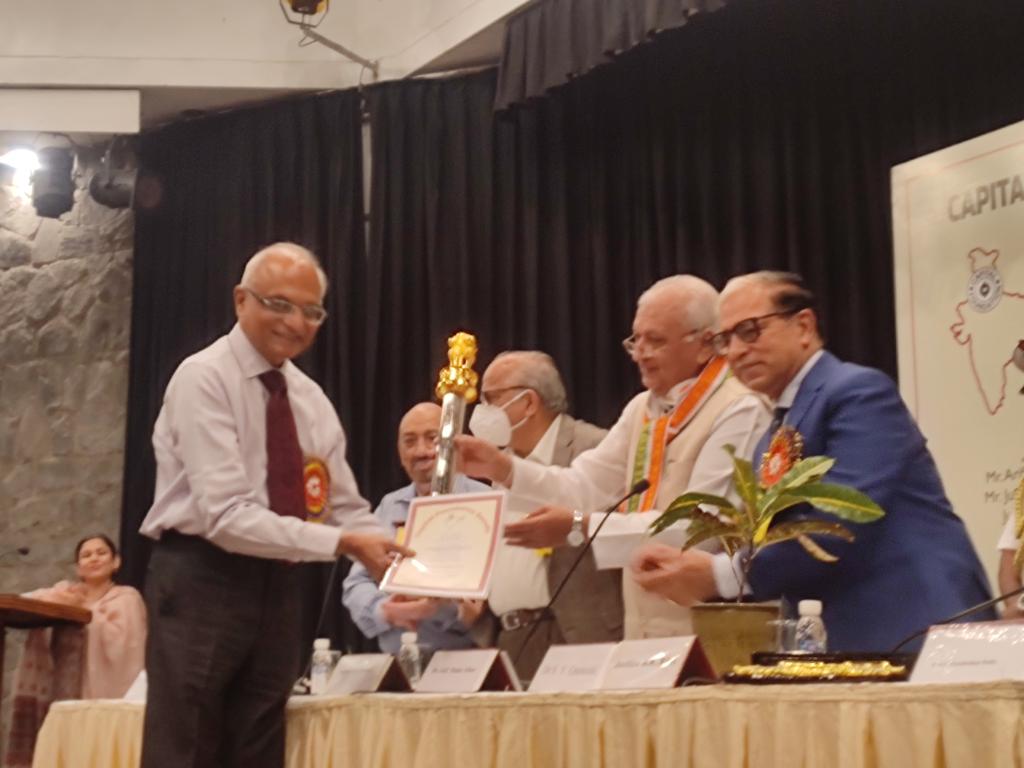Understanding Malaria and its Transmission
Malaria, a deadly disease caused by Plasmodium parasites, continues to affect millions worldwide. Female Anopheles mosquitoes transmit the parasites through their bites.Malaria, a relentless disease transmitted by infected Anopheles mosquitoes, continues to afflict millions across the globe. These mosquitoes inject Plasmodium parasites into the bloodstream through their bites, initiating a potentially fatal infection.
Global Impact and Progresshttps://healthwire.co/uncategorized/find-and-via-global-health-partner-to-expand-access-to-quality-diagnostics-in-low-and-middle-income-countries/
Despite being preventable and curable, malaria remains a major health concern. In 2020, over 241 million cases and 627,000 deaths were reported globally, emphasizing the urgency of intervention. In spite of being both preventable and treatable, malaria remains a formidable global health threat. Startling statistics from 2020 reveal over 241 million reported cases and a devastating 627,000 lives lost to this preventable disease, urging for intensified efforts.
Success Stories: Malaria Eradication Efforts
While the battle against malaria persists, some nations have triumphed. China, Argentina, El Salvador, Paraguay, and Uzbekistan have achieved malaria-free status, showcasing the potential for effective control strategies. While malaria’s shadow looms large, certain nations have managed to dissipate it. Notably, China, Argentina, El Salvador, Paraguay, and Uzbekistan have celebrated the elimination of malaria, showcasing that strategic and collaborative actions can triumph over even the most formidable health challenges.
India’s Ongoing Struggle
India bears a significant malaria burden, with 88% of cases and 86% of deaths in the WHO South-East Asia region in 2019. It is categorized as a ‘high burden to high impact’ country, emphasizing the need for targeted efforts. India remains entrenched in its fight against malaria, bearing a staggering burden. Alarming statistics of 2019 highlight that India accounted for a staggering 88% of malaria cases and 86% of related deaths within the WHO South-East Asia region. This sobering reality has placed India in the challenging position of being classified as a ‘high burden to high impact’ country.
Hope on the Horizon: Odisha’s Progress
Odisha, India, has demonstrated promising results in combatting malaria. Reporting a 90% reduction in cases over three years, the state’s efforts underline the potential impact of focused interventions. Amidst this global struggle, a ray of hope emanates from Odisha, India. The state government’s resolute efforts have translated into an impressive 90% reduction in malaria cases over just three years. Odisha’s journey underscores the vital role of persistent and well-targeted interventions in realizing the dream of a malaria-free world.











